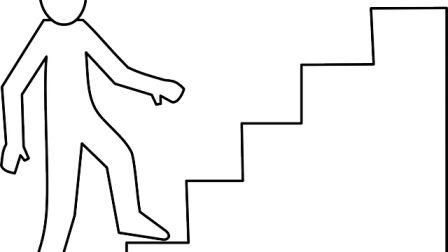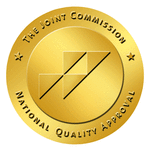http://alcohol.addictionblog.org/early-recovery-tips-6-lessons-for-early-recovery/
Looking for a strong recovery from addictions? Here are 6 lessons to help you stay sober and make your recovery more successful. An especially useful article for those new to sobriety or those seekingtips for addicts in recovery. Your questions and comments about recovery, recovery from relapse, or its prevention are welcomed at the end.
1. Recovery Is Number One
It seems fitting that the very first thing to learn about recovering from addiction is that recovery must be your very first priority in life. Recovery comes before your job, your parents, your pet or your partner. Why? It’s very simple. If you don’t take care of your recovery at all times, you risk returning to addiction. If you return to addiction and stay there, you will end up losing your job, your parents, your pet and your partner anyway. Whatever else is a part of your life, or whoever else shares in it, staying sober is the one thing that must stay constant. Give it all you’ve got.
2. Recovery Gets Easier
One of the reasons people find it difficult to commit to sobriety is that the first few weeks and months of it are often hellish. If you’ve never been sober for any appreciable length of time, facing life without a cosy alcohol or drug overcoat can seem overwhelming and painful. The good news is, this feeling does not last. As you learn to live sober, it actually becomes a much nicer experience than being wasted all the time. The initial discomfort, confusion and sadness does not last for the rest of sobriety. Remember that before you jack it in due to difficult feelings.
3. Recovery Takes Work
Do not make the mistake that I did the first time around, and think that recovery comes from merely stopping drinking or drugging. If you just stop taking substances and do nothing to address what drove you to take them in the first place, you’ll just be sober and sad, rather than recovered. Coping with guilt and shame in recovery will be feelings you’ll have to deal with. You’ll also be likely to follow the same negative thinking and patterns you always have in the past — and that unhappy situation will inevitably lead you back to drink and drugs. You must make an effort to change your responses to life in order to be sober and happy. See a therapist, read books on recovery, do the 12 Steps, work on your spiritual side. Whatever works to help you deal with life more healthily.
4. Recovery Takes Other People
You can, of course, get sober on your own, but it’s so much more of a struggle than getting supported by others. Connecting with others who are also recovering from addiction is of great benefit to your own recovery. You can learn from people who have already done it, you can share your pain and success, and people who have been addicts will probably “get” you much more than people who haven’t. People who know the cycle of addiction can give you a deep empathy, understanding and acceptance that is priceless. You may also need some specialist help from professionals. Choose a non-judgemental addiction specialist to help you heal your emotional wounds.
5. Recovery Is A Lifelong Process
The work of recovering is never complete, so it is something that you must be prepared to commit to for the rest of your life. The reason for this is that, through addiction, your brain has changed. You now have a negative neural pathway in your brain that is begging to be dosed with alcohol or drugs. In order to beat this pattern, you have to build a new, positive pathway to override it. But your natural inclination will now be to go down that long-established pathway; so you’ll need to keep reinforcing that positive pathway to ensure you don’t relapse. Keep learning, keep improving and never get complacent about your recovery.
6. Recovery Is Worth It
If all of the above seems a little serious, don’t despair. The good news is that when you do the right things to recover correctly, it’s a beautiful path in life. Recovery can lead you to new insights, self-discoveries and a fresh outlook on life. You will learn some things that you might never have learnt if you hadn’t ever been down the dark path of addiction. Recovery is extremely liberating and a lot of fun. Remember the rules of recovery, and you can have a full and happy life after addiction. Recovery is wonderful — hang onto that if things are tough in the early days.
By: Beth Burgess




 RSS Feed
RSS Feed
